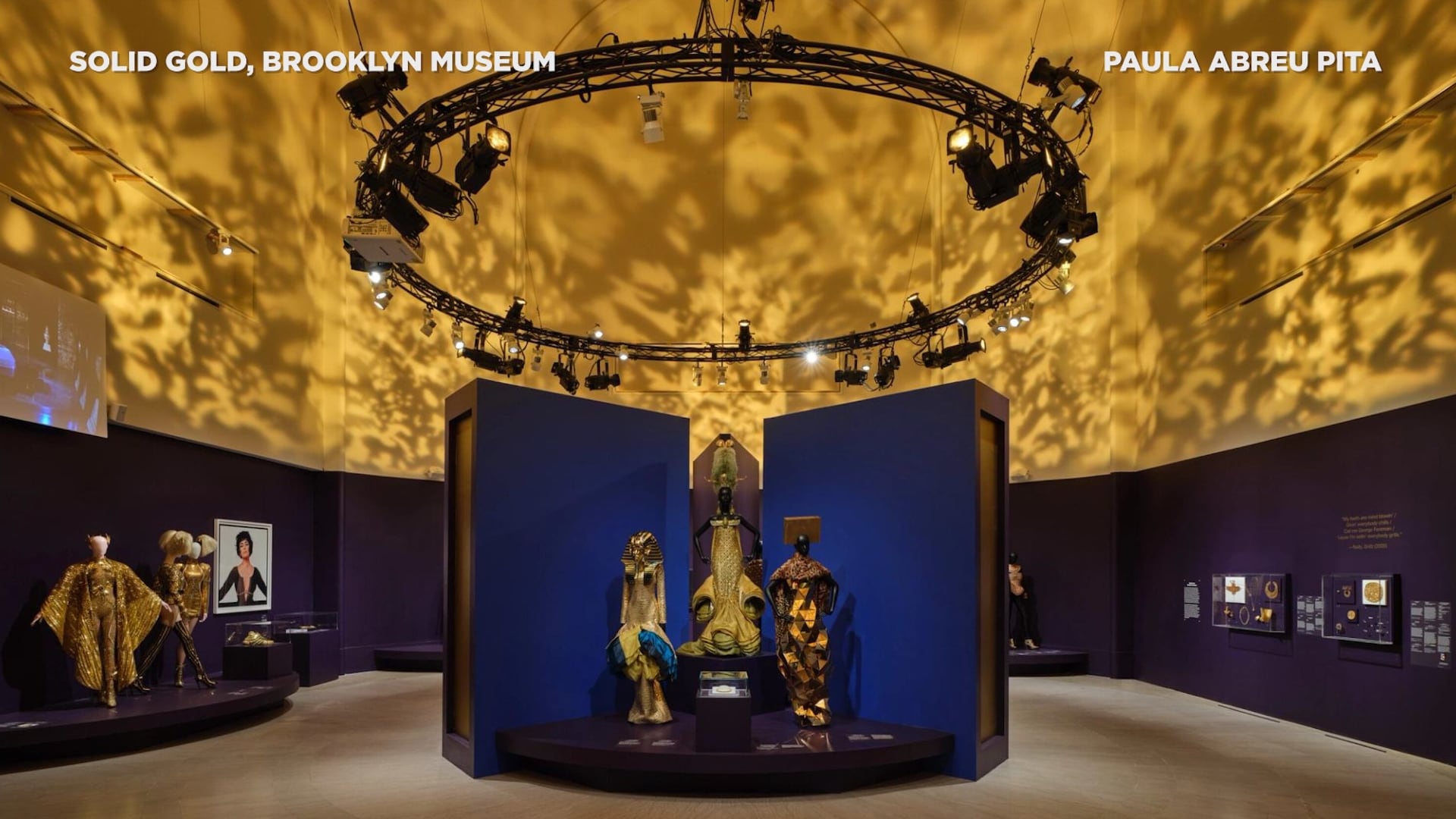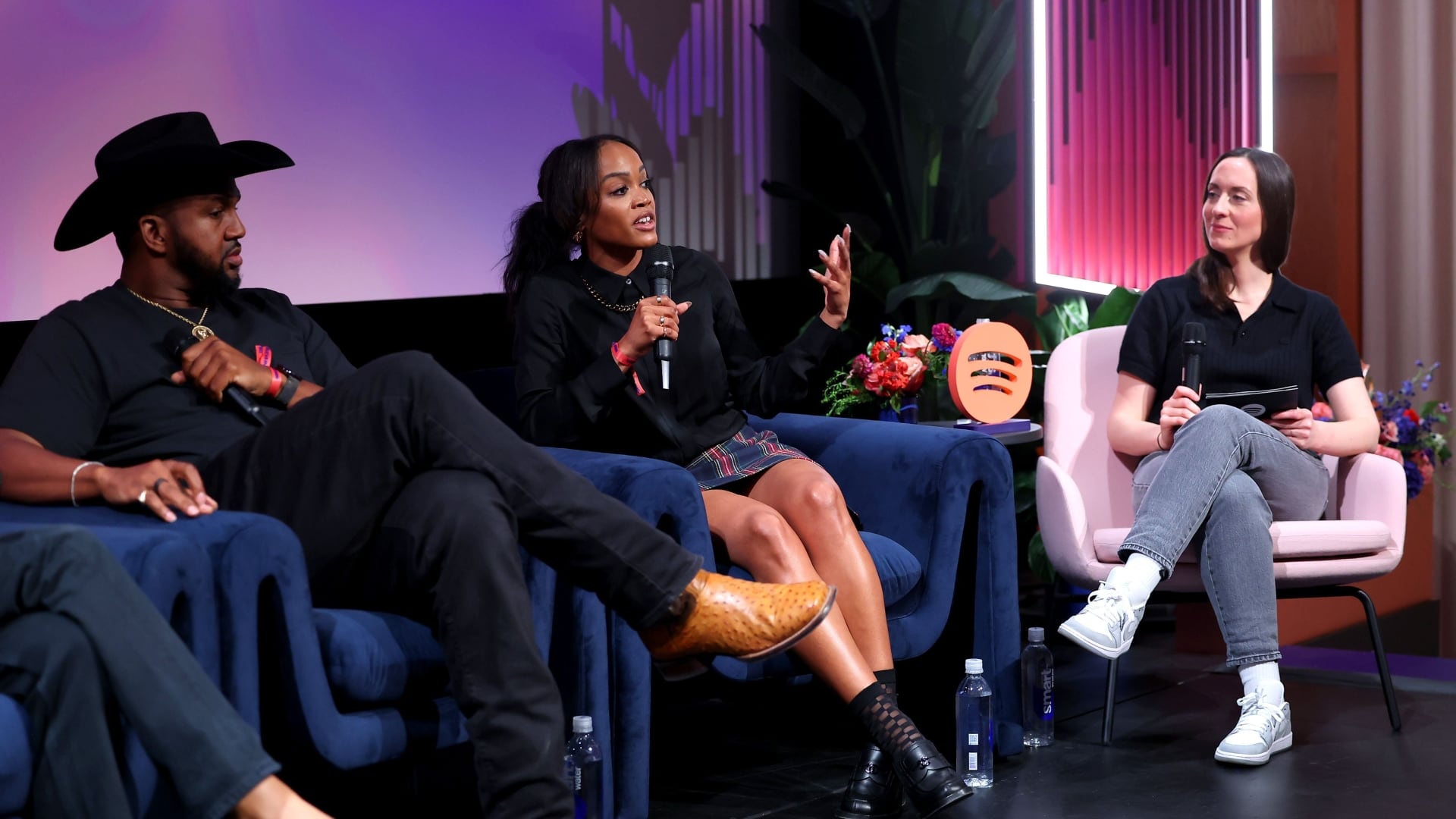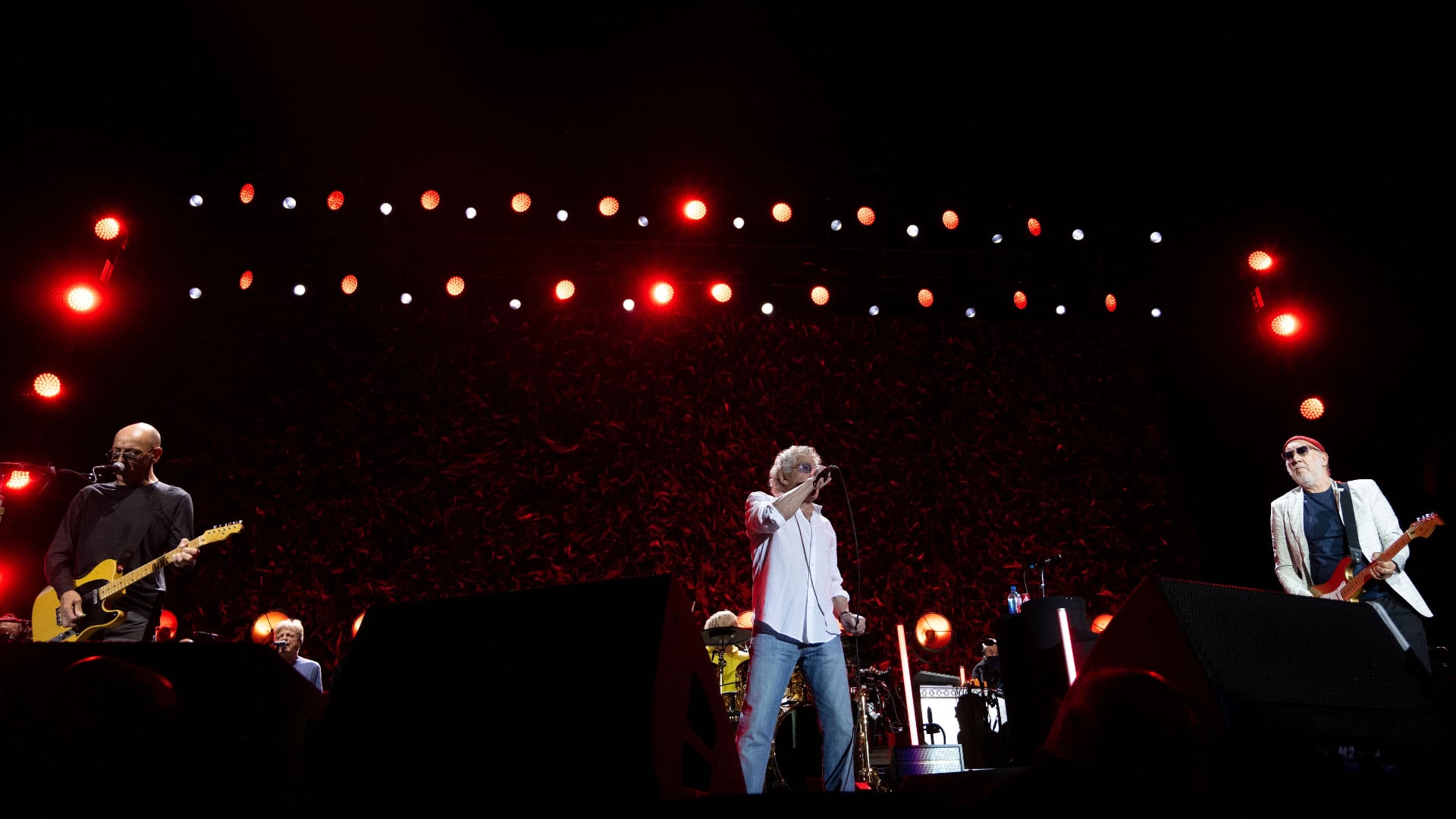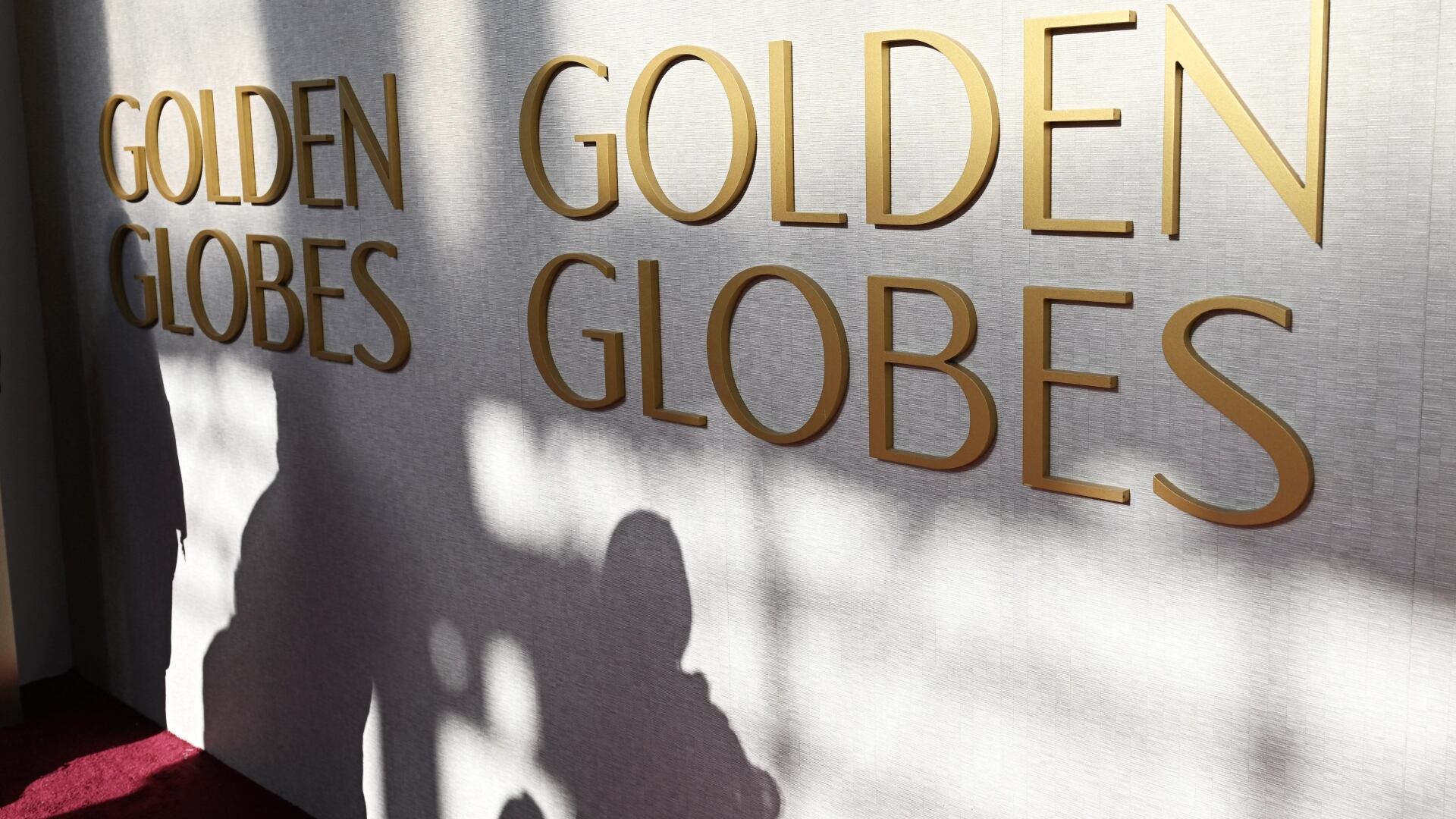Alaska, the northernmost and largest U.S. state, has a unique set of challenges in the fight against COVID-19, despite its relatively small population. Parts of the state are difficult to access during the winter and officials have a massive geographic area to cover, but they have hit a milestone, becoming the first state to open up COVID vaccination eligibility to everyone over the age of 16.
"We've really been able to partner with our communities, with our tribes to be able to get vaccine out fast and fair across the state," Dr. Anne Zink, chief medical officer for the state of Alaska, told Cheddar. "Also, by being able to move in big tiers, it's allowed communities to move at their own rate and being able to do it equitably in their community that makes sense."
Noting that the state is larger in area than California, Texas, and Montana combined, Zink explained that the state's COVID vaccine distribution model uses a centralized system out of urban centers which supports a network of "itinerant" and community nurses as well as the tribal system for indigenous Alaskans. The network lets the local communities make the choices on how best to redistribute the vaccines once delivered.
"We built our entire vaccine system for COVID-19 based on our existing vaccine infrastructure and built in the tribes at every level," she said. "And we were able to get vaccines into the center of the state, into Anchorage, into Juneau, and then to redistribute it quickly."
But redistribution in the far-flung rural areas of a state deep in winter requires some creative strategies. Zink described the use of everything from the dog sled transports of Project Togo — named after the heroic dog that inspired the Iditarod race — to the boat clinics off the Aleutian Islands for those working on fishing vessels.
Additionally, because of the rural expanse of Alaska, the chief medical officer expressed excitement to be receiving more of the single-shot Johnson & Johnson vaccines for people like the fisherman who may only want one, or only have time for one, jab, and the same for citizens in distant rural villages who might only be able to fly out infrequently to get their vaccinations.
Zink emphasized that such obstacles were tackled by the state through its widespread, transparent partnerships and the empowering local communities.
"Just like all politics is local, I really think all vaccination is ultimately local and we have to really rely on our local partners," she said.












